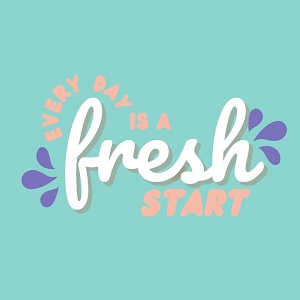 The bad news is, if you’re 30 years old, your bone density is already started to decline. Considering our lifespan now is around 75 to 80 years, that’s pretty scary.
The bad news is, if you’re 30 years old, your bone density is already started to decline. Considering our lifespan now is around 75 to 80 years, that’s pretty scary.
Why? Because over half our lifetime will be spent with less and less bone density.
The good news is, proper nutrition can help slow, and even stop, bone loss. Starting a diet program that is rich in bone supporting nutrients is key to avoiding bone loss from becoming a critical issue.
Let’s take a look at some of the best nutrients and vitamins to preserve and build your bones:
Vitamin B12
This vitamin is responsible for creating new blood cells in the bone marrow. People with lower levels of vitamin B12 experience greater bone loss than people with adequate vitamin B12. Eggs, dairy, and meats are good sources for vitamin B12.
However, as people age, they may simply eat less food, making proper nutrition difficult. If you are not drinking milk, eating eggs, or eating a lot of meat, you will probably want to consider a supplement.
Calcium
We know that calcium is responsible for bone strength and structure. Dairy foods are a good source of calcium, but as we age we aren’t likely to consume as much milk as we did when we were kids. If you don’t consume enough, you won’t get the amount of calcium you need to preserve bone mass.
Most adults past the age of 40, especially women, should talk to their doctor or health professional about adding a calcium supplement to their diet.
Vitamin D
This vitamin is necessary for calcium absorption to help build bone density, keeping bones stronger. Vitamin D is formed in the body when the skin is exposed to sunlight. It’s important to understand that just 15 minutes of sun exposure daily is enough to put your body to work making vitamin D.
If you are not able to get enough sunlight to produce vitamin D in the body, ask your doctor whether a supplement is right in your case.
Vitamin K
Working right along with vitamin D is vitamin K. These two work together to build bone mass, even reversing signs of bone loss in some cases. Good sources of vitamin K are green leafy veggies, such as spinach, kale, collards, cabbage, and turnip greens.
Magnesium
We already know that vitamin D is needed to help our body absorb calcium. However, did you know that magnesium is needed to convert vitamin D into the form it needs to start the process of calcium absorption? Magnesium works along with vitamin D to help your body absorb calcium, which we know builds strong bones.
A few ways to get more magnesium in your diet is by eating nuts, seeds, green vegetables, and natural grey sea salt.
Potassium
This mineral prevents the blood from becoming too acidic. Acidic blood will actually break down the bones. If this is allowed to happen, your bones become weak, they lose mass, and are more susceptible to breaks. Potassium is found in an abundance of foods, including green leafy vegetables, broccoli, tomatoes, and potatoes.
You’ll also want to enjoy bananas, raisins, and dried apricots to boost your potassium intake. And don’t forget the whole grains, seeds, nuts, salmon, and sardines.
Getting nutrients through our food is the best way to get the vitamins and minerals we need for bone and body health. However, the hard fact is that not all of us get the nutrient rich foods we require. Taking a supplement may be an option you will want to discuss with your doctor or health care professional.
Your bone health is so important. After all, you and your skeleton want to support each other for a long, long time.





